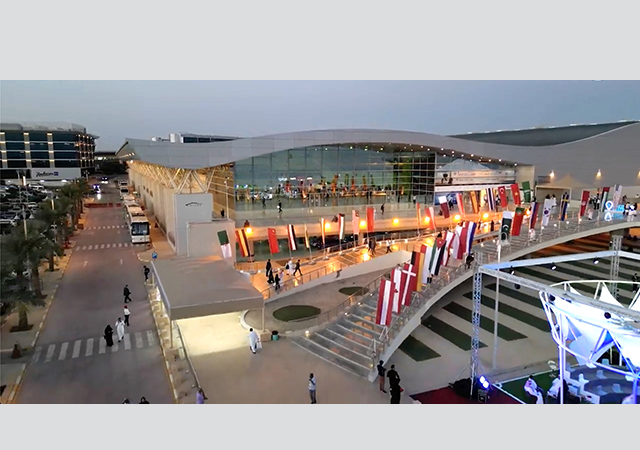
 Mekdad ... meeting the demand.
Mekdad ... meeting the demand.
Jebel Ali-based Gulf Extrusions Company, one of the largest aluminium extrusion plants in the Gulf, has announced that it has supplied 170 tonnes of aluminium till date for the Burj Dubai project, proposed to be the world’s tallest skyscraper currently under construction in Dubai.
The company, which is the sole supplier of aluminium for the construction of the $8 billion Burj Dubai, had signed a Dh130 million ($35.39 million) contract to supply 1,400 tonnes of alloys 6061 and 6063 for the project that is scheduled for completion by 2008.
“Being associated with a prestigious project like Burj Dubai has certainly been a highlight for us this year. We have been able to meet our commitments for this project as per schedule, and have significantly enhanced our production capacity to meet the increased market demand sparked by stepped-up construction activity in the UAE,” says Modar Al Mekdad, general manager of Gulf Extrusions.
“We have been a regional pioneer in the field of aluminium extrusion, and the supreme quality of our products has been central to the success we have achieved over the years. We will continue to focus on delivering cost-effective, high-quality aluminium products and services designed to meet specific customer requirements,” he adds.
Burj Dubai, being built at a cost of $8 billion, is expected to be over 940 m high and will be designed to be the centre of a large-scale, mixed-use development that will include commercial, residential, shopping, entertainment and leisure outlets.
Gulf Extrusions, which has a 27-year history of top-quality production, produces aluminium sections in mill finish, silver, bronze, gold and colour anodized, and powder-coated finishes. Its modern processing equipment and techniques permit it to produce more than 9,000 profiles, ranging from architectural sections to components for household items, air-conditioning grilles and a range of customised products. The company also extrudes products of several European suppliers and companies under agreement. Nearly 70 per cent of the output generated is used in the domestic market to support its building and construction projects, while its export markets include many GCC and Middle East countries, as well as Europe, West Africa, Asia and Canada.


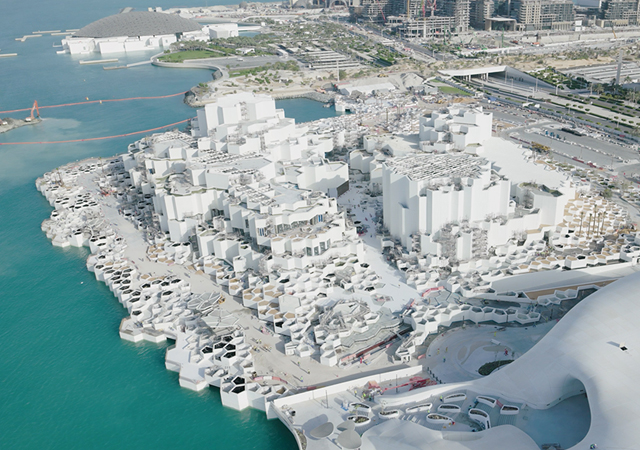
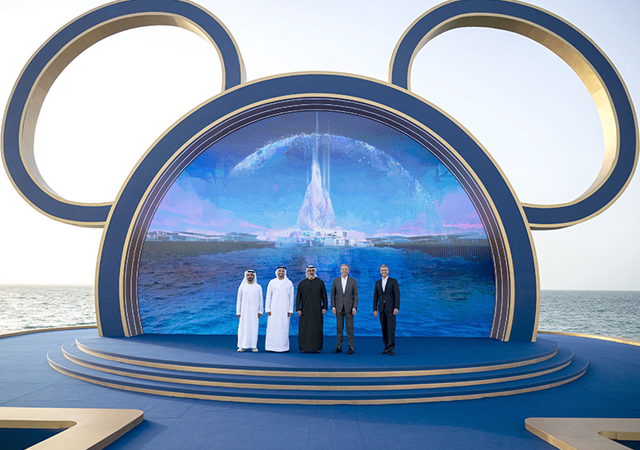
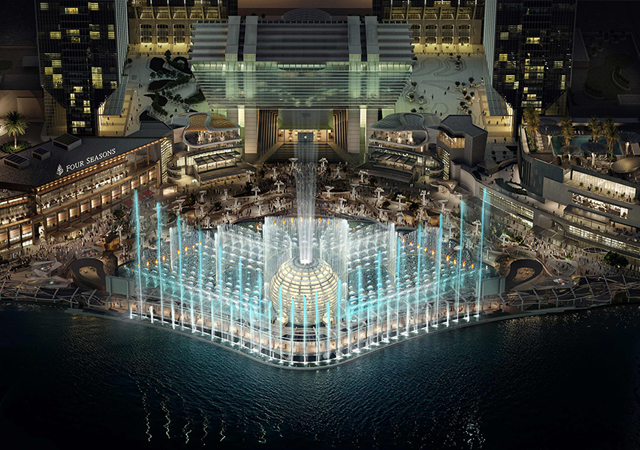
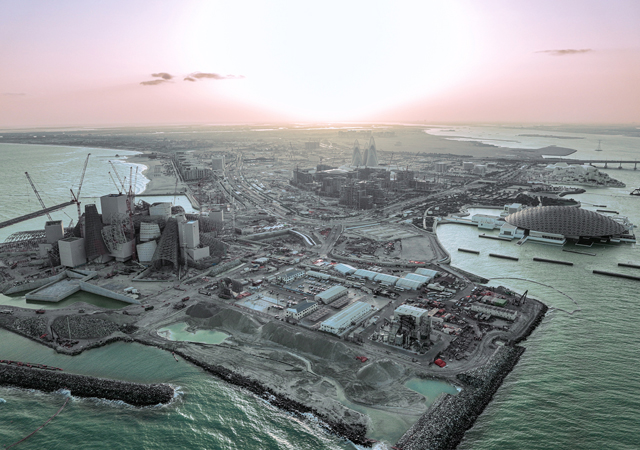
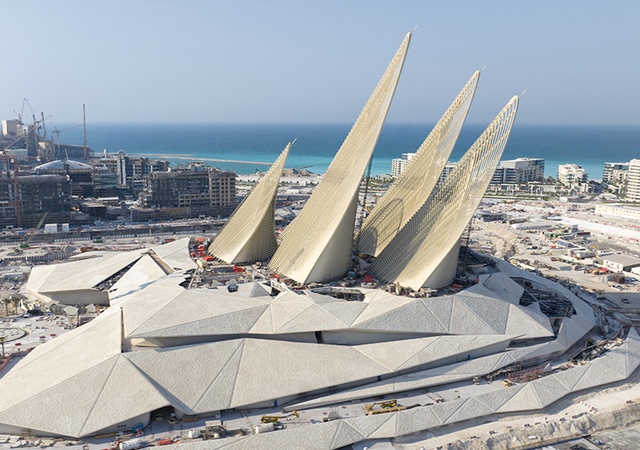
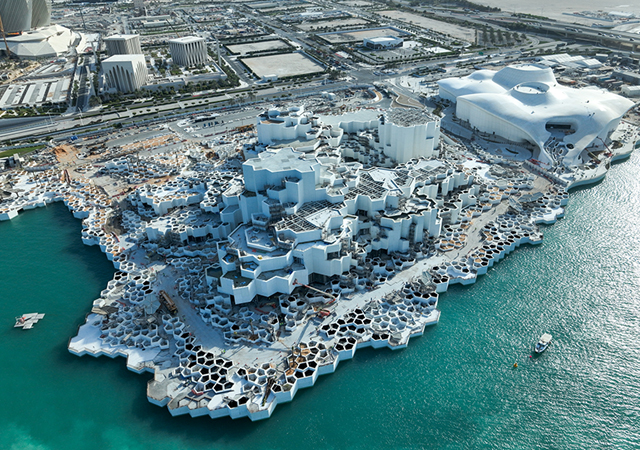
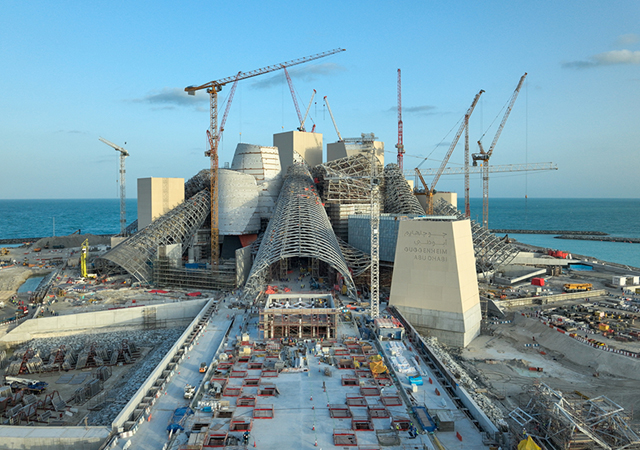
.jpg)
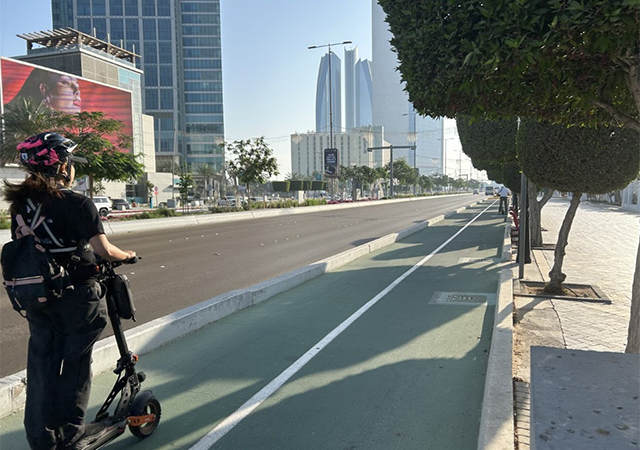
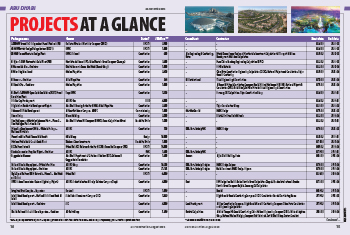

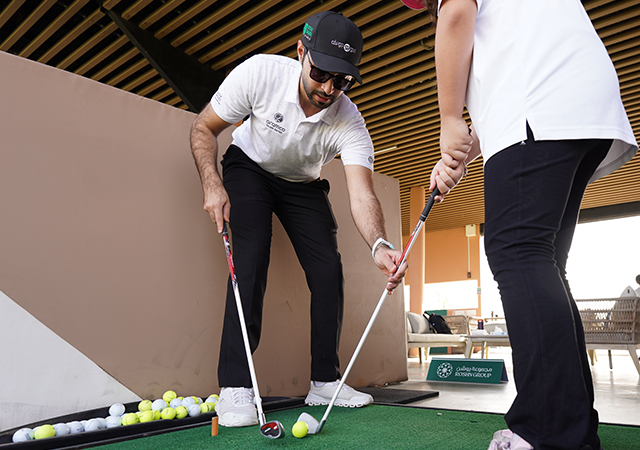
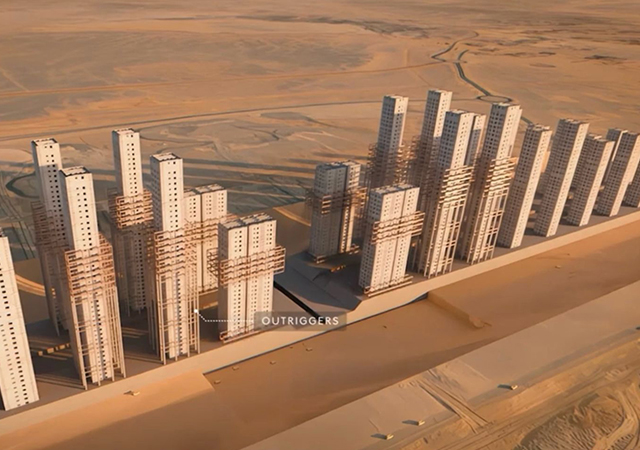
.jpg)
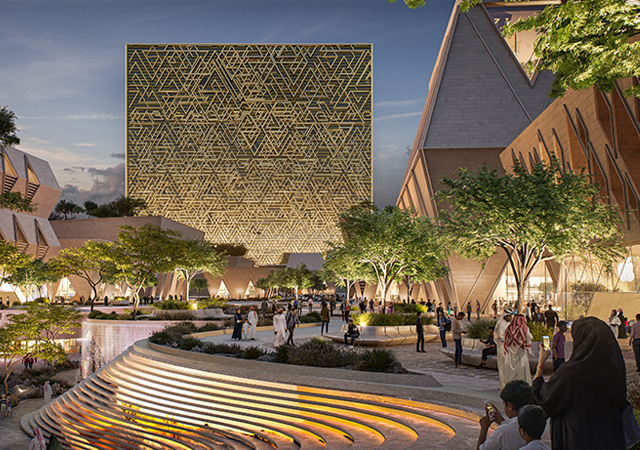
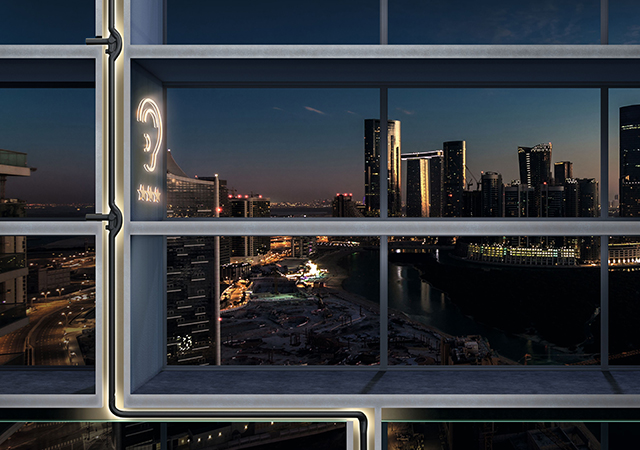
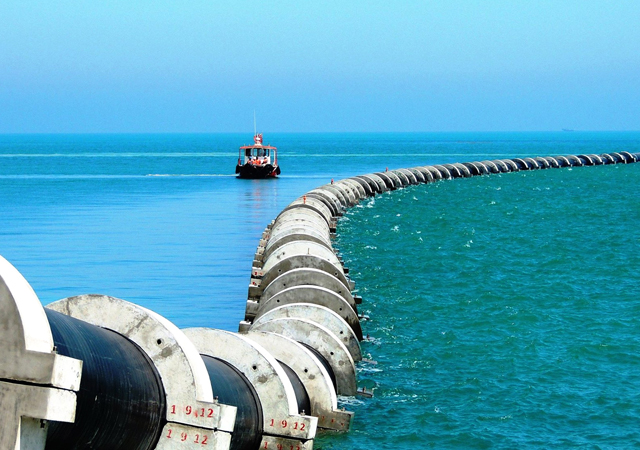
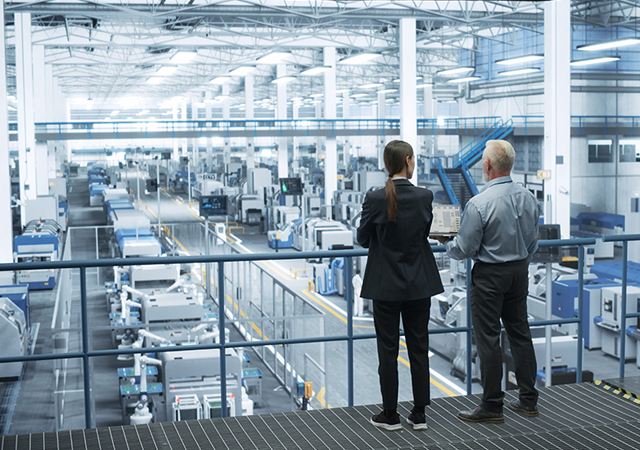
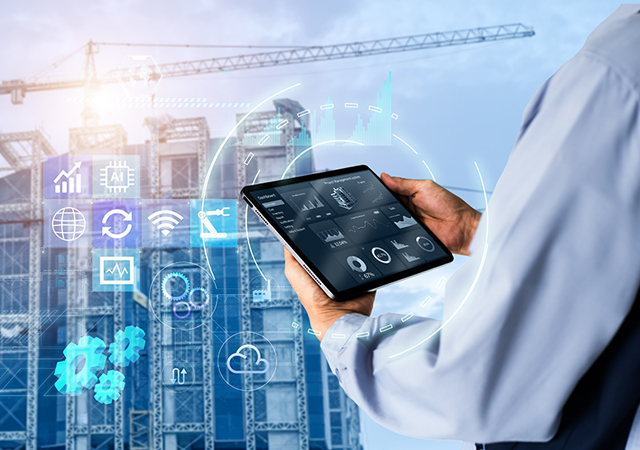
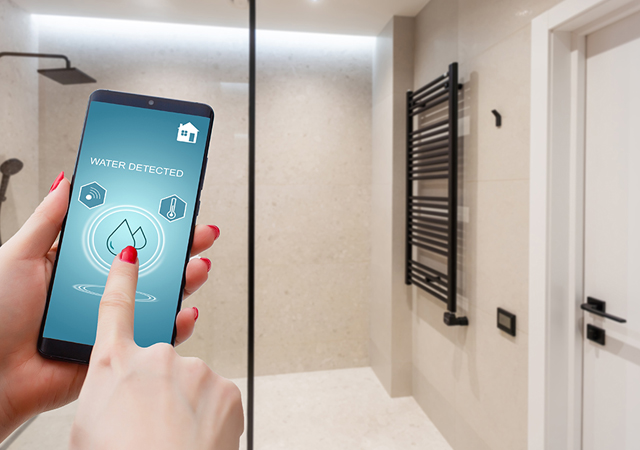
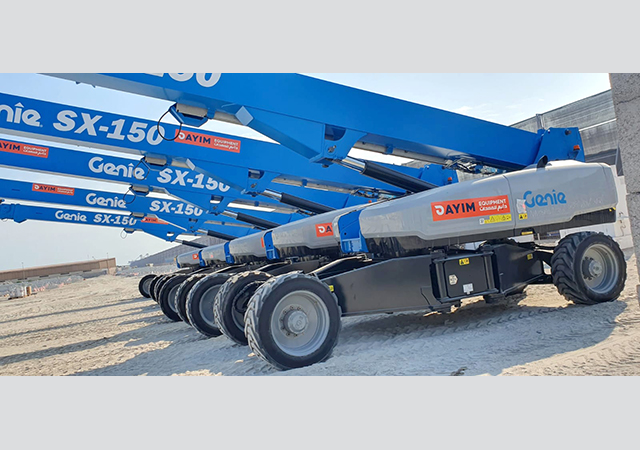
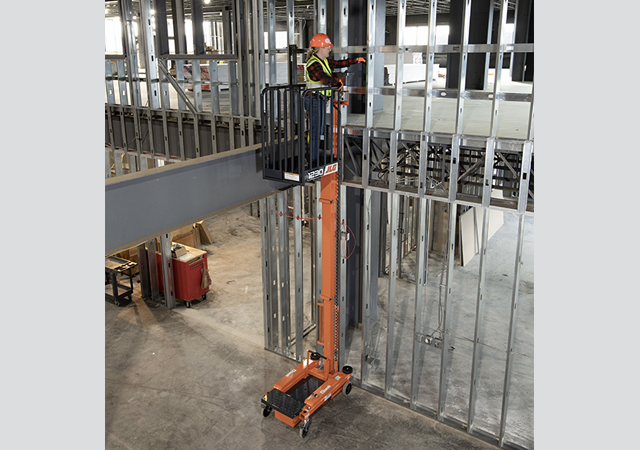
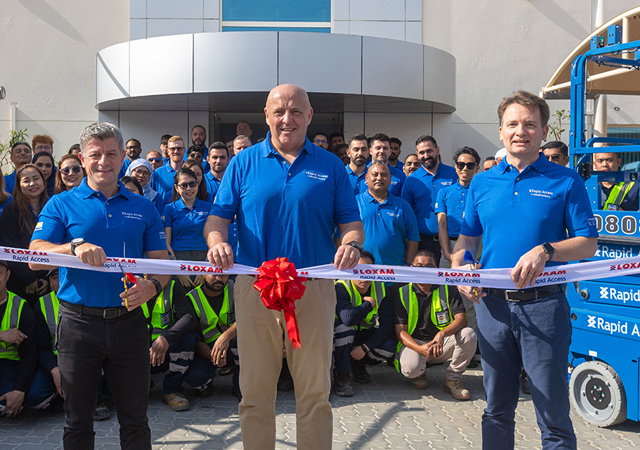
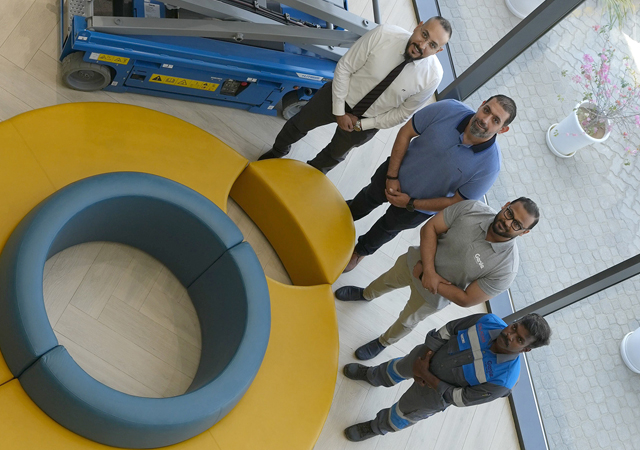
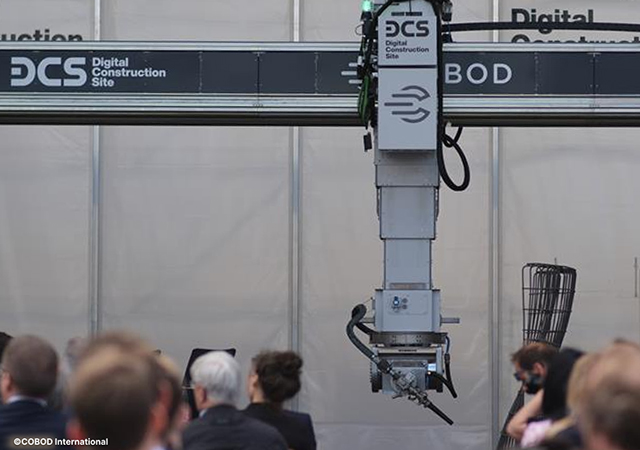
Doka (2).jpg)
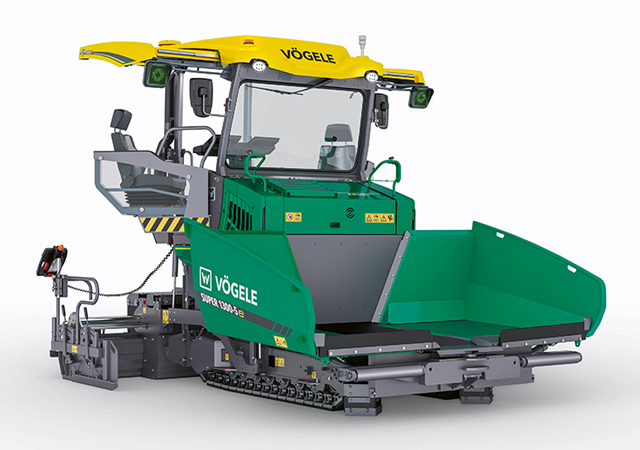
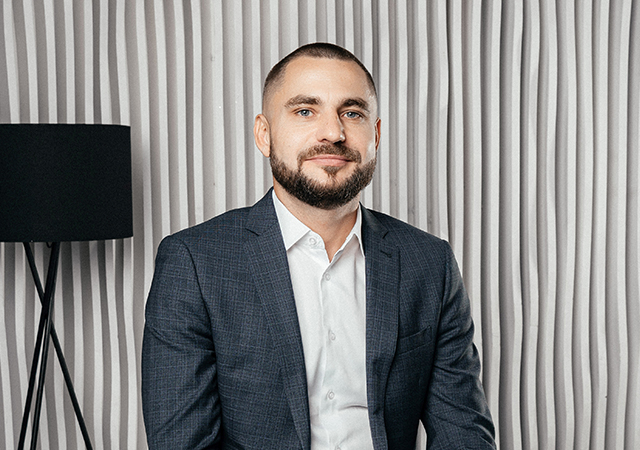

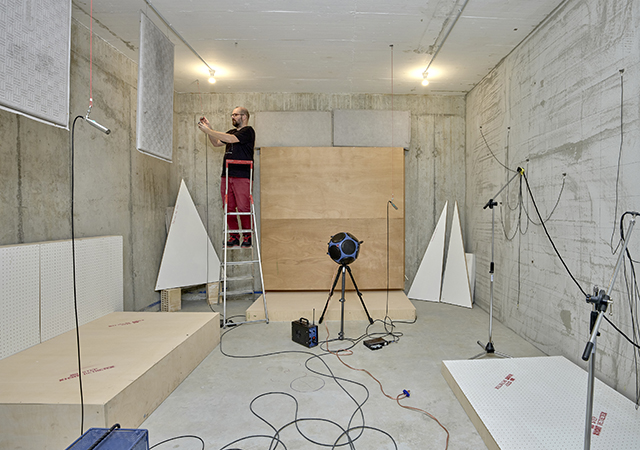
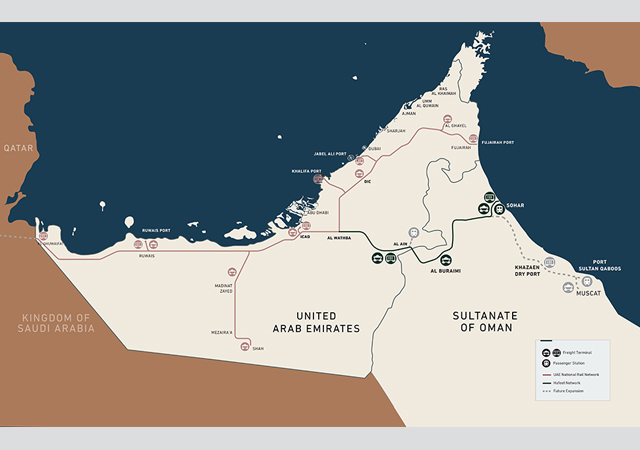
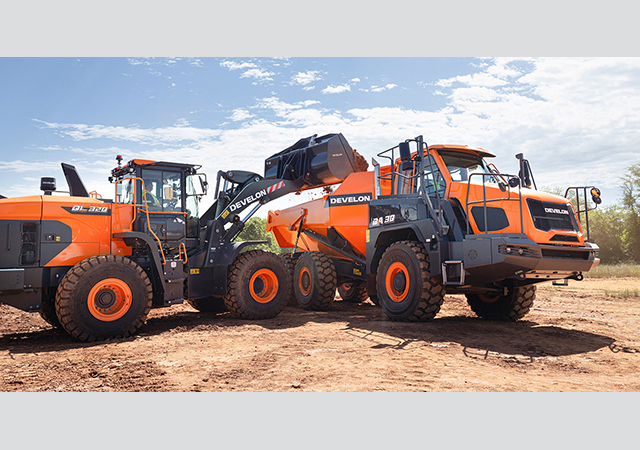
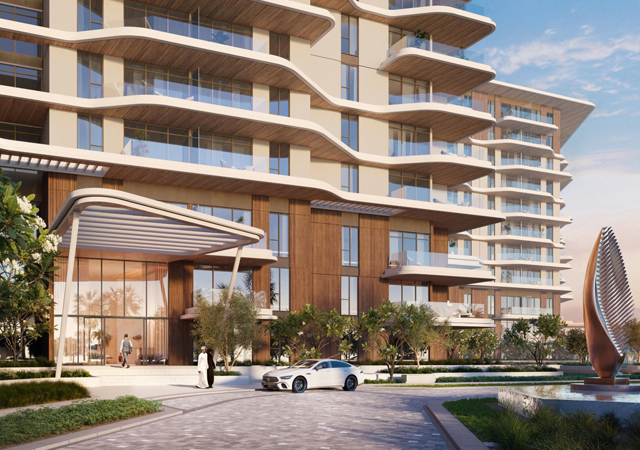

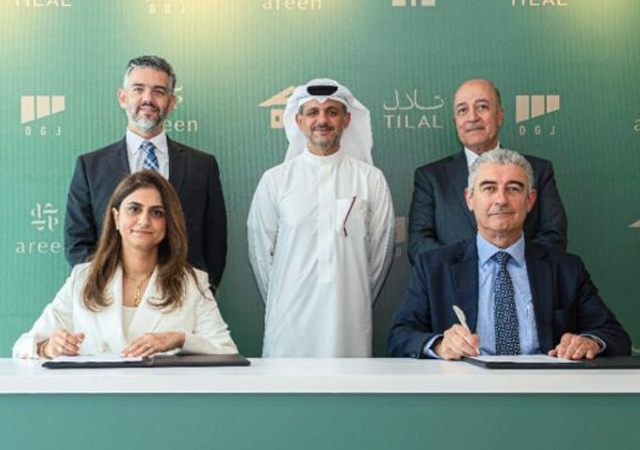
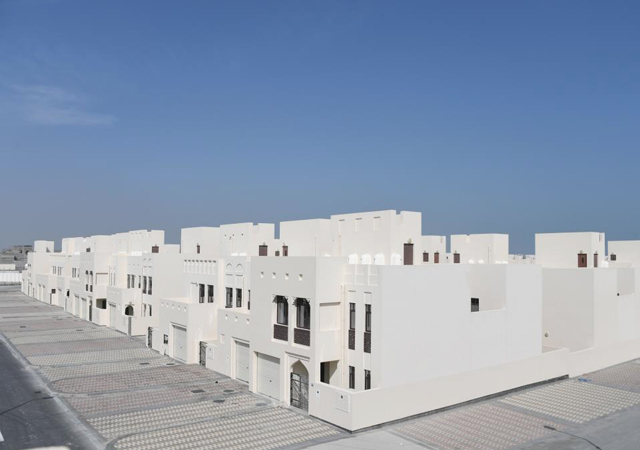
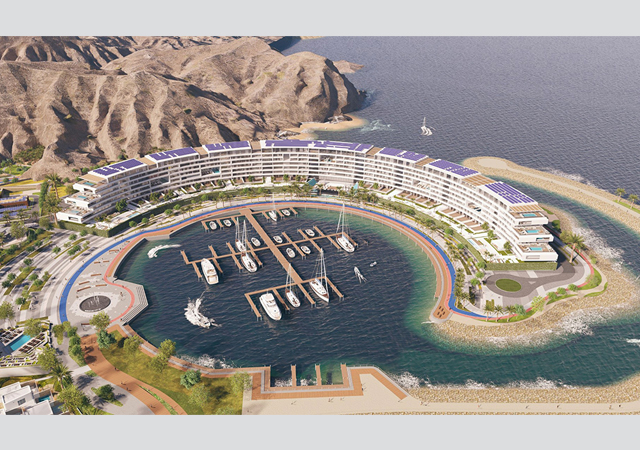
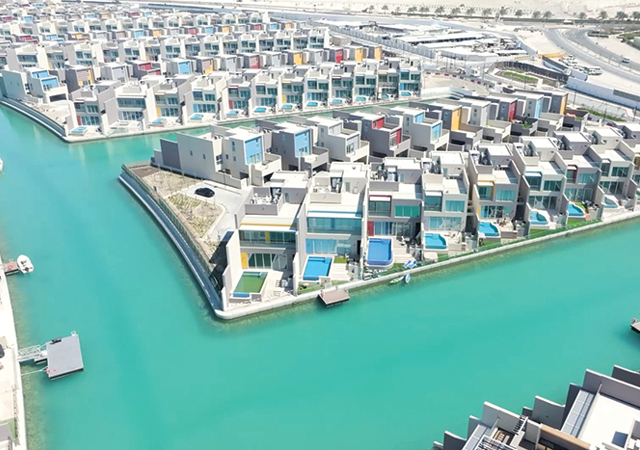
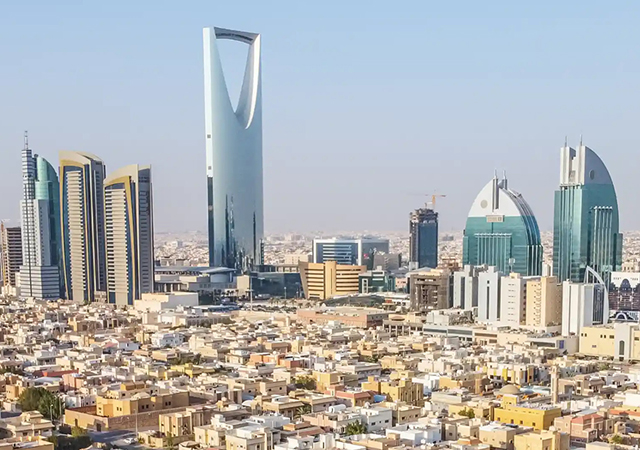
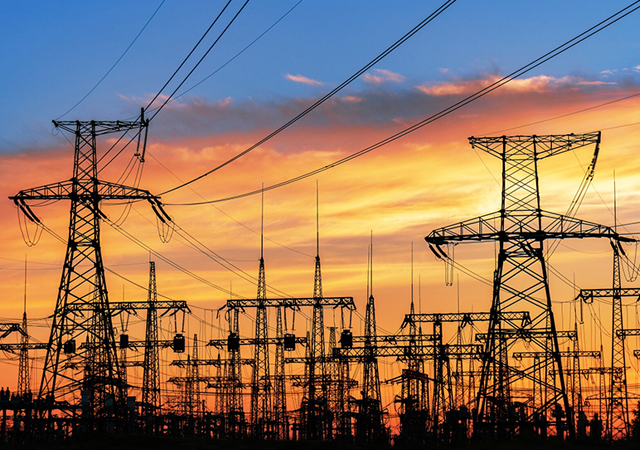
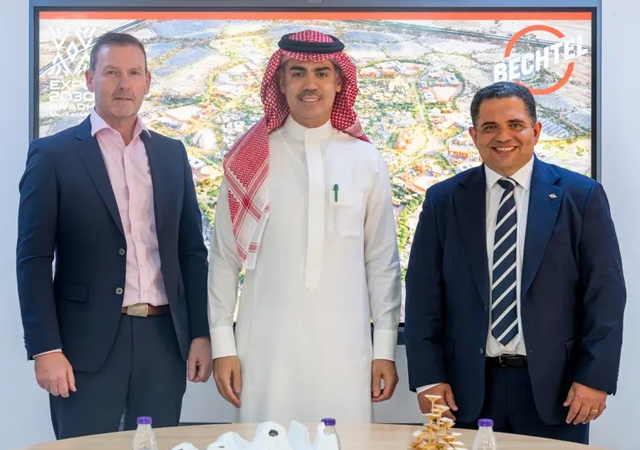
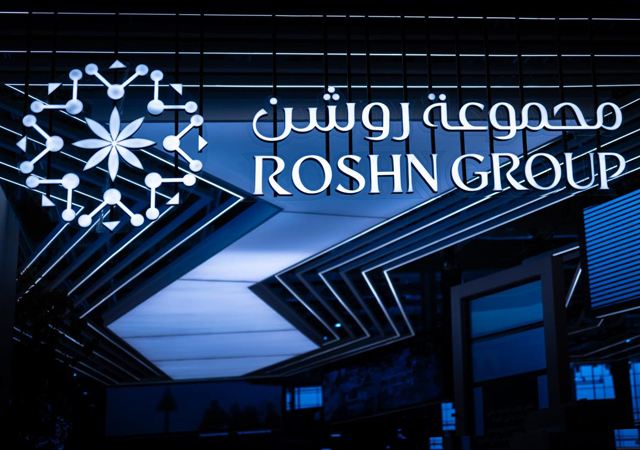
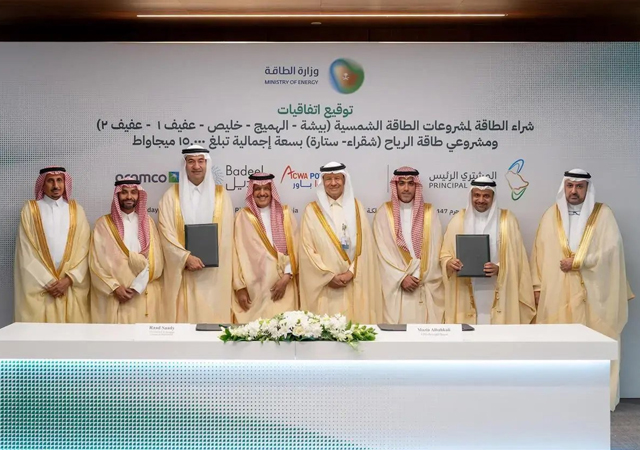
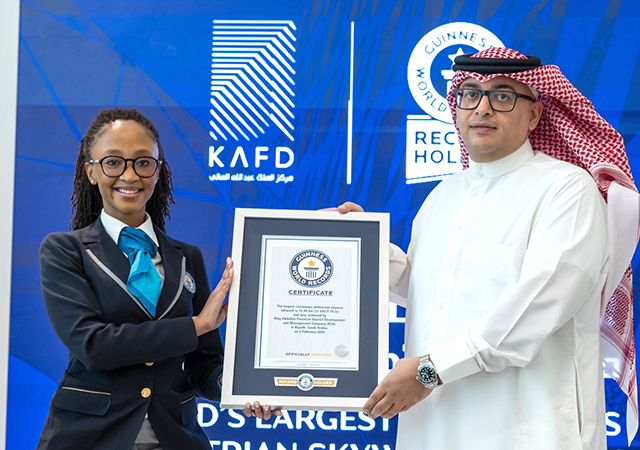
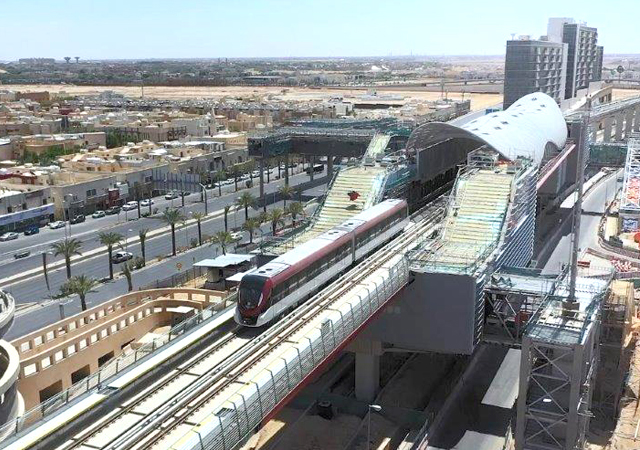
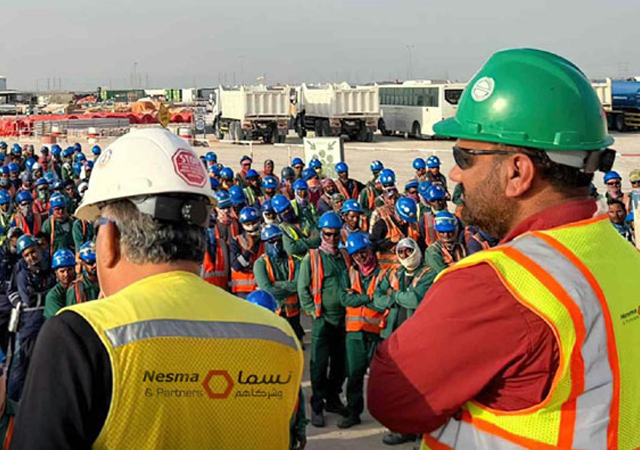
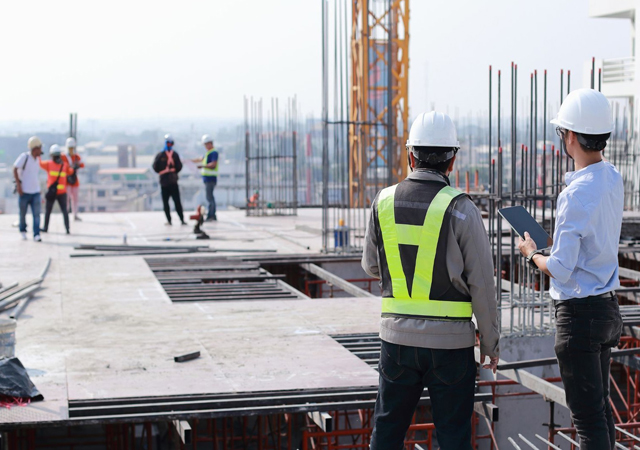
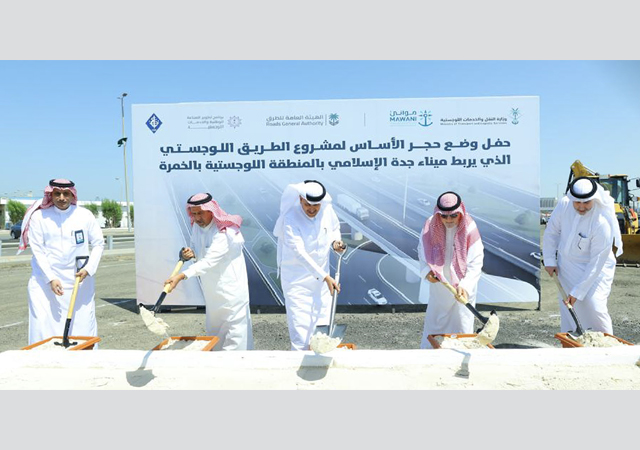
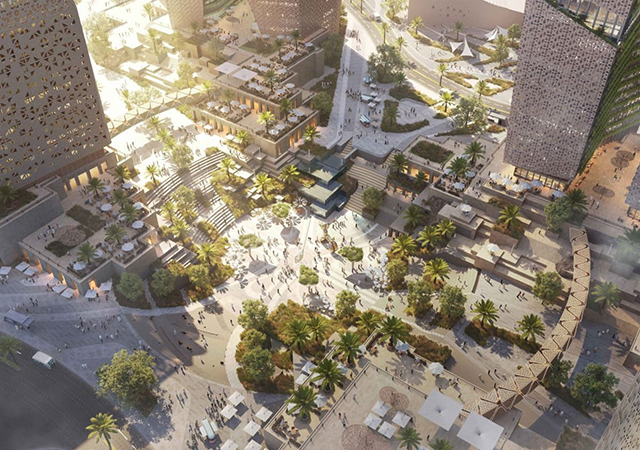
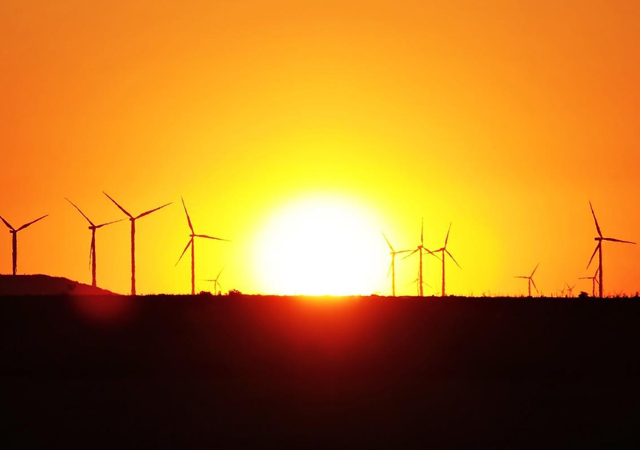
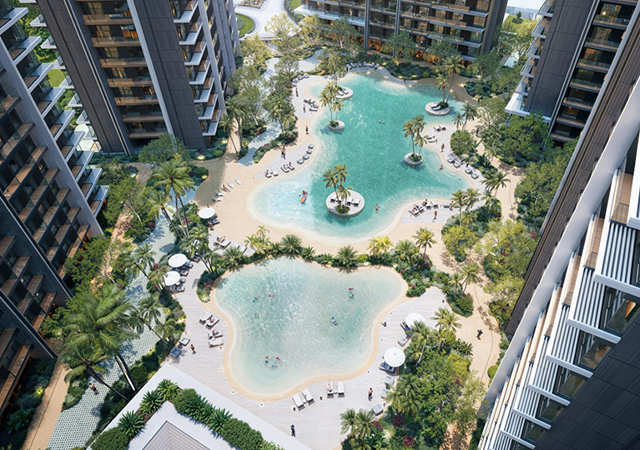
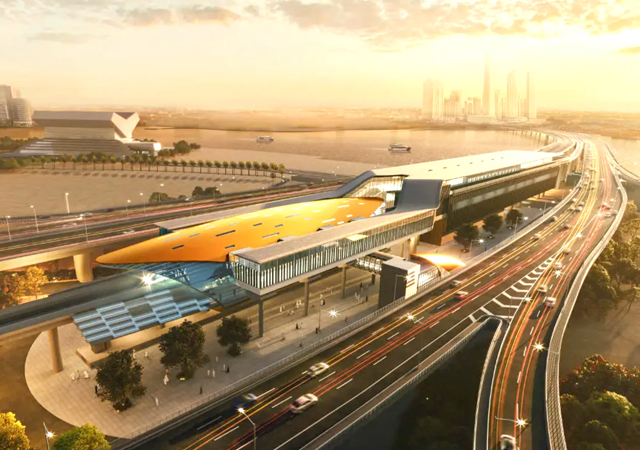
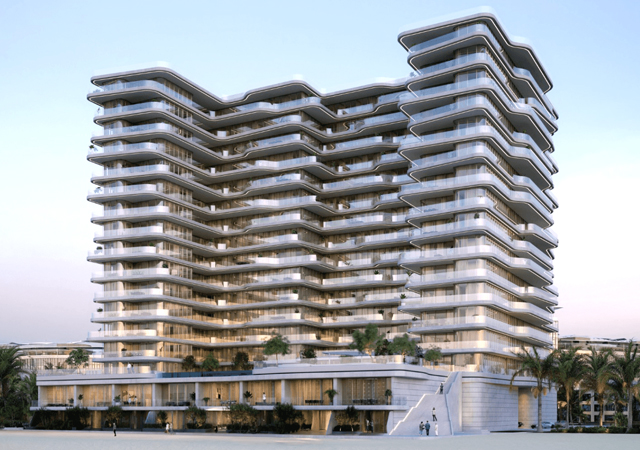
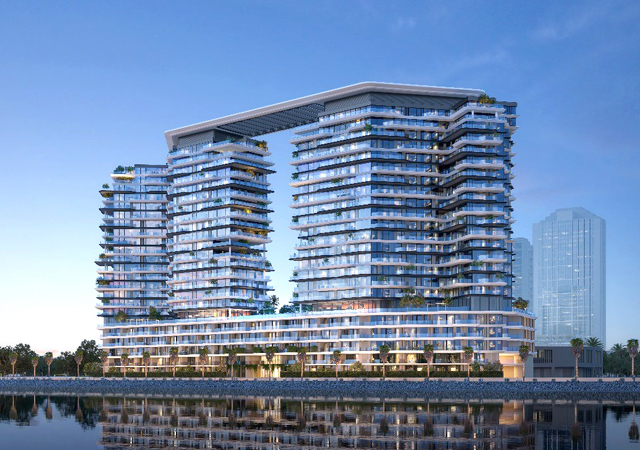
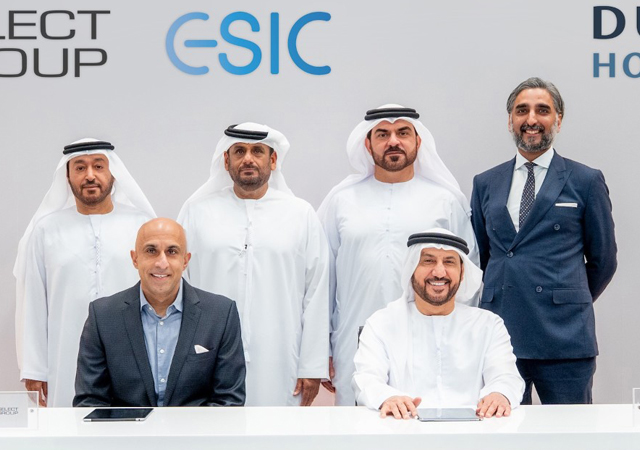
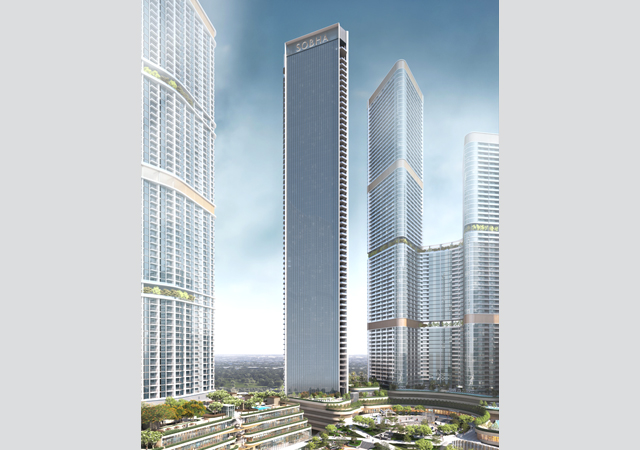
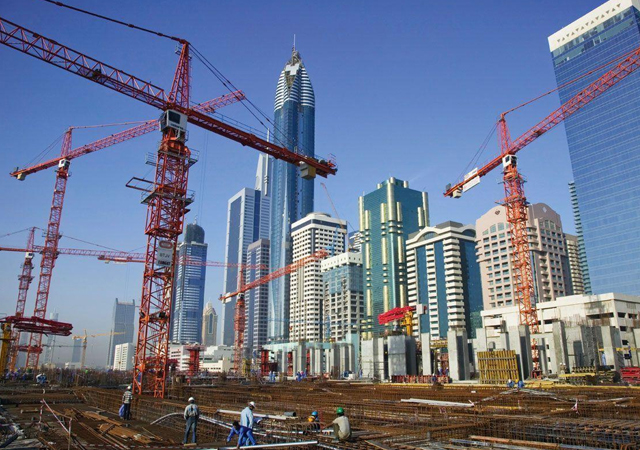
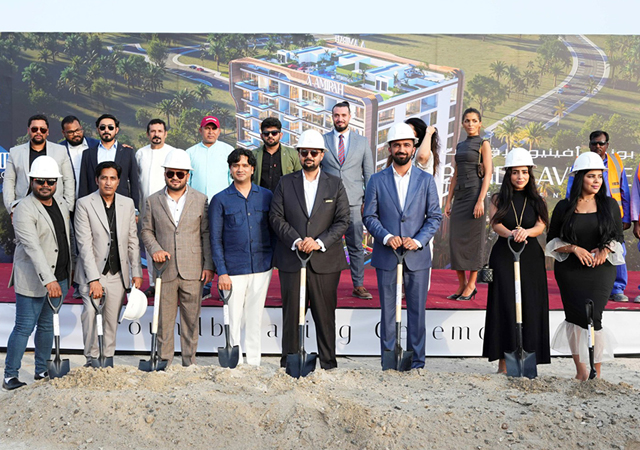
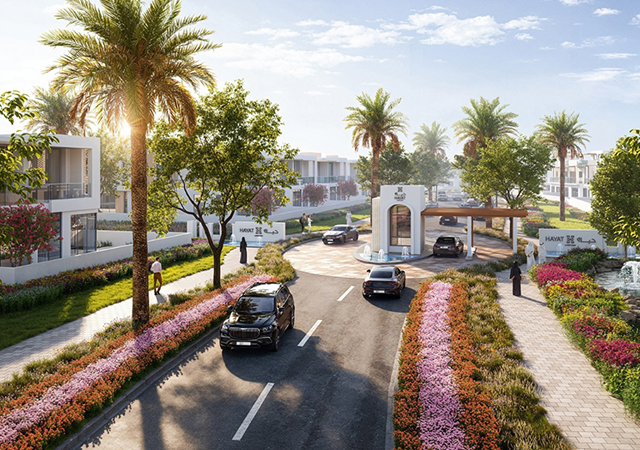
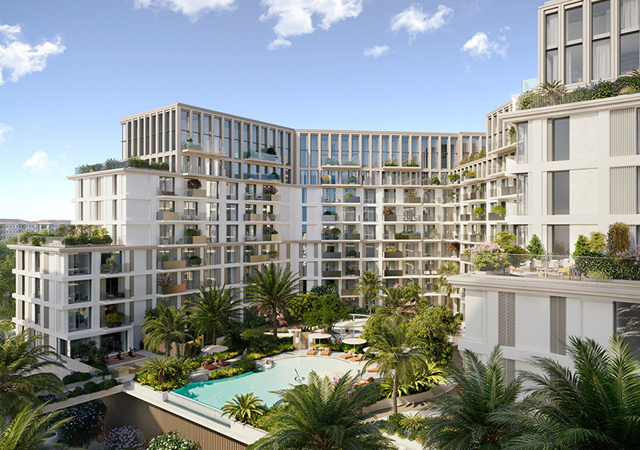
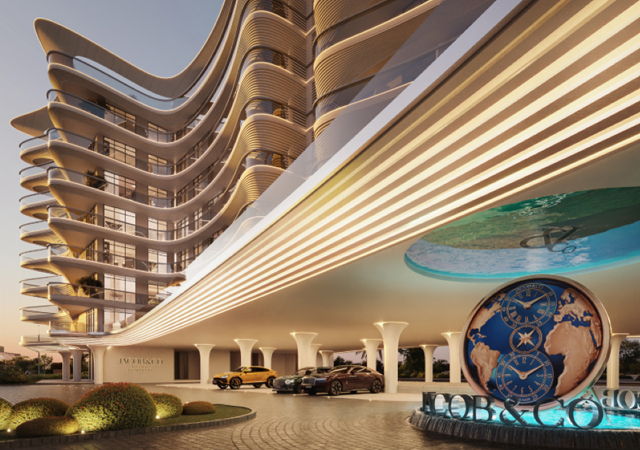
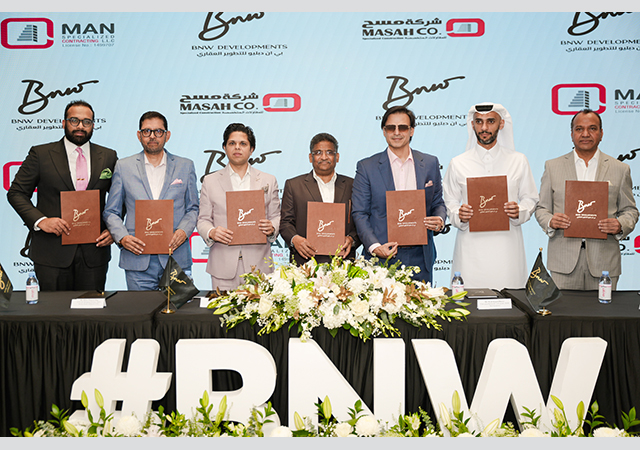
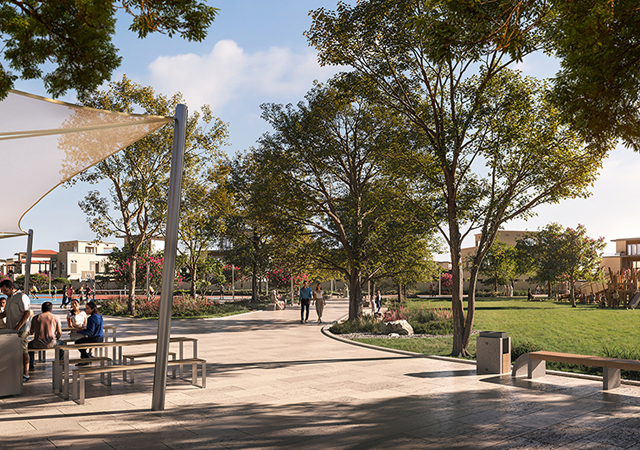
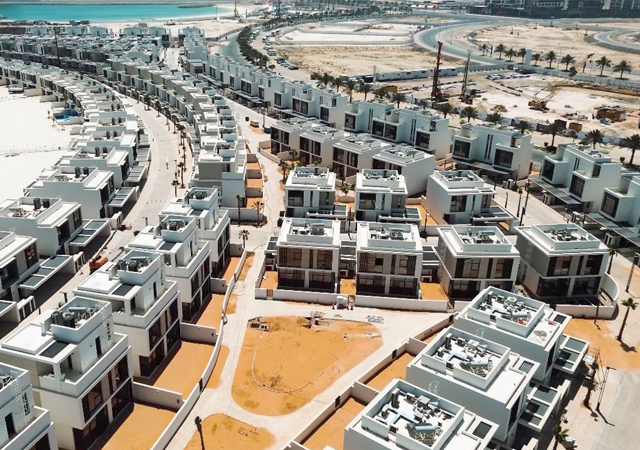
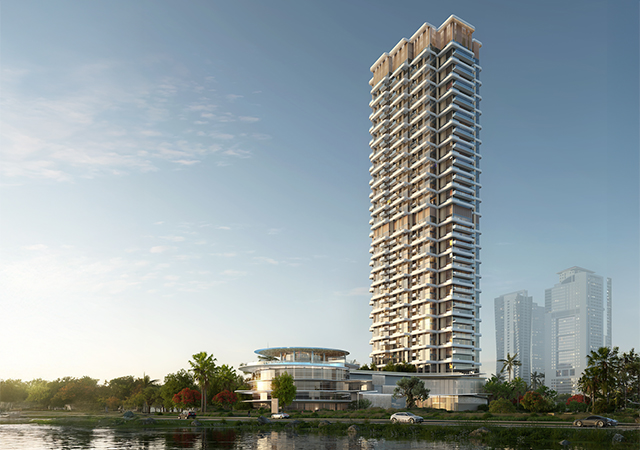
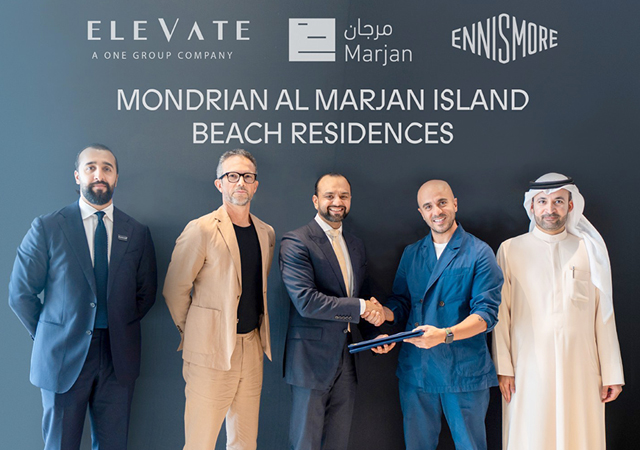
.jpg)
.jpg)
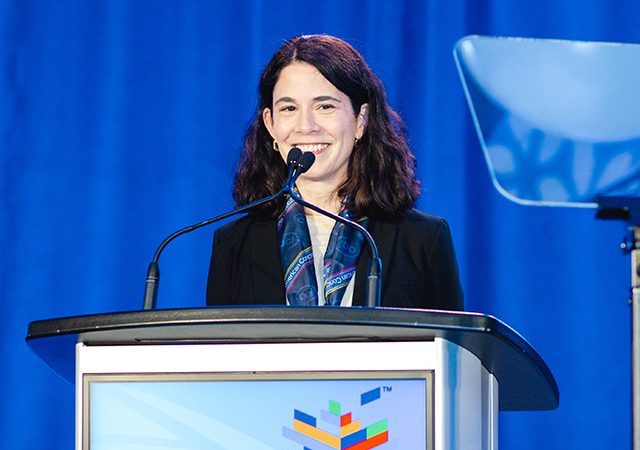
.jpg)
